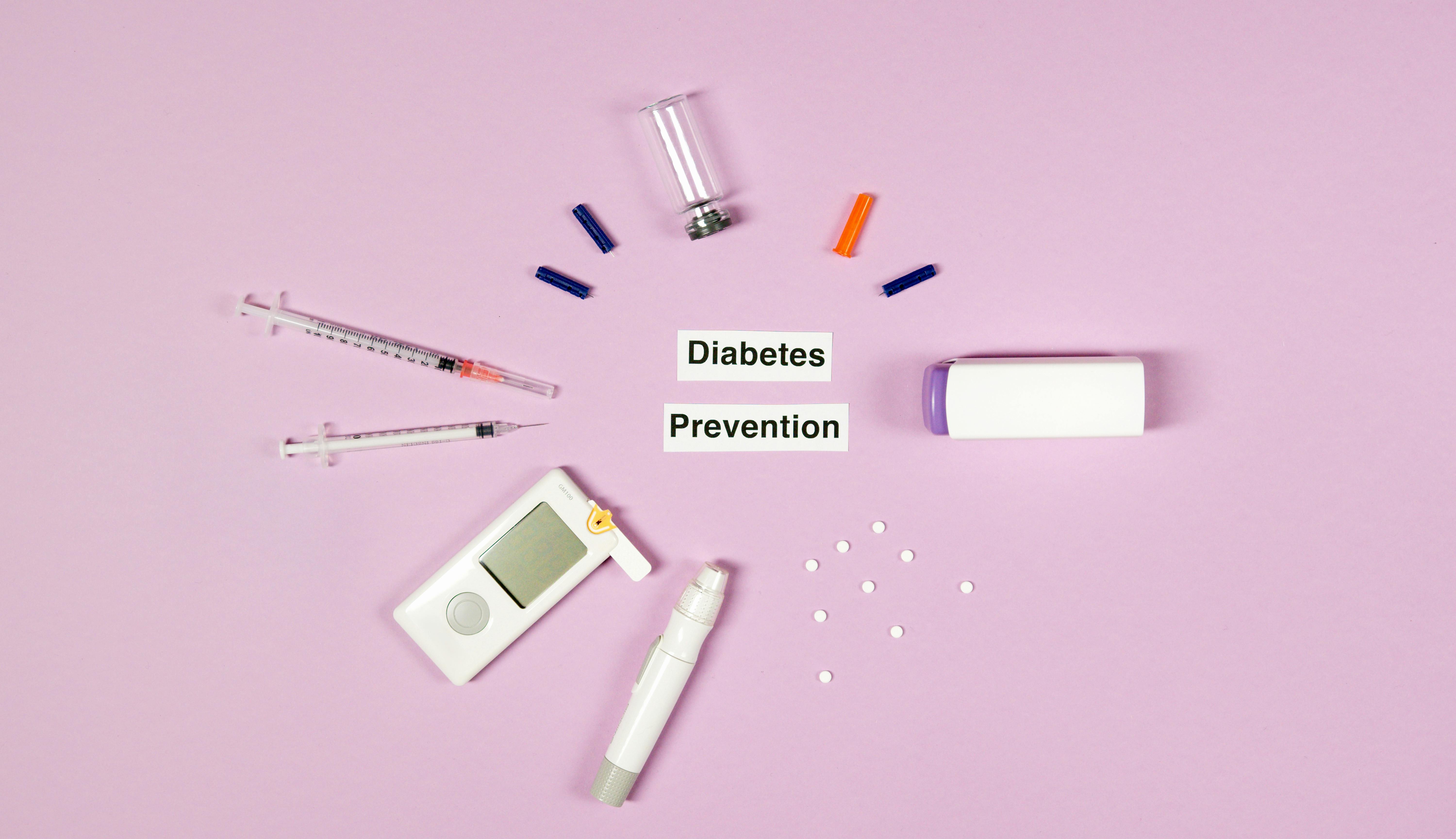Don’t be corrupted by social media jargon
What is social media slang? Jargon is informal words and language that are not associated with the standard/common language we use in society.
Social media slang is mainly taken from communication on social media. When you communicate within social networks such as Facebook and Twitter, you are often presented with a small amount of space to convey information to convey to the other user involved.
Shortcuts, abbreviations, and L337 Speak are often invented out of quick and short communication paths.
Slang of the first social networks
Before Twitter and Facebook wall posts and status updates, there were AOL and instant messaging chat rooms.
AOL is known for being the grandfather of the creation of Internet jargon and was the beginning of the first pioneers of short and fast communication shortcuts. L33t Speak and acronyms were widely used in the AOL days.
L337 Talk made AOL users type words like:
// 0 n3 Y = Money
MiCrOsoFt=Microsoft
4 replaces A, 3 replaces E, 7 replaces T 1 replaces L and $ replaces S, 13 replaces B are just a few more examples. L337 talk is still widely used in video games.
Acronyms or “Text Talk” it’s still very popular too. Some examples are below
U = You 2 = Too much TTYL = I’ll talk to you later LOL = Laughing out loud 4 = To R = It’s O = OH
The corruption of the English language
With chat rooms and instant messaging losing traffic and more and more users texting and using social media to communicate, Internet Slang has now morphed into Social Media Slang.
These are English Teacher’s worst nightmares. These jargon shortcuts can corrupt your business and education.
Just because it’s easy to do just “slang” or “text,” try to practice good communication and not fall victim to social media lingo. You don’t want to write a proposal for a client that has this below:
“Hello, what do you want to do today? Please let me know, k,ttyl”
This, of course, is highly unprofessional and can be detrimental to your label. Although this seems like common sense, more and more professionals are getting caught up with “Social Media Slang”
As with your personal profiles, keep your online etiquette very professional too and don’t fall for the corruption of shortcuts and jargon.
